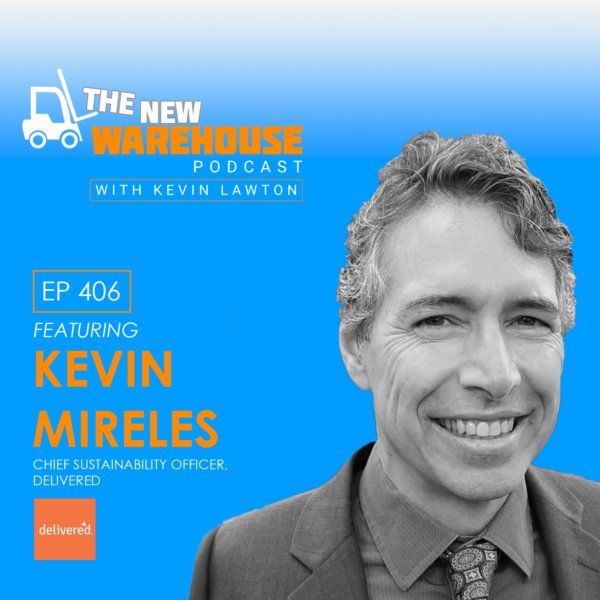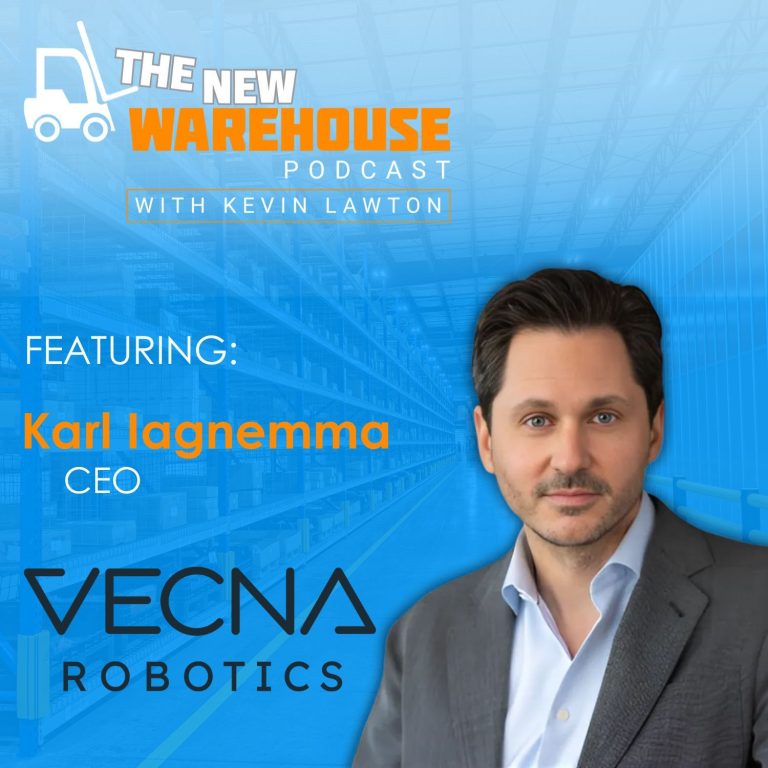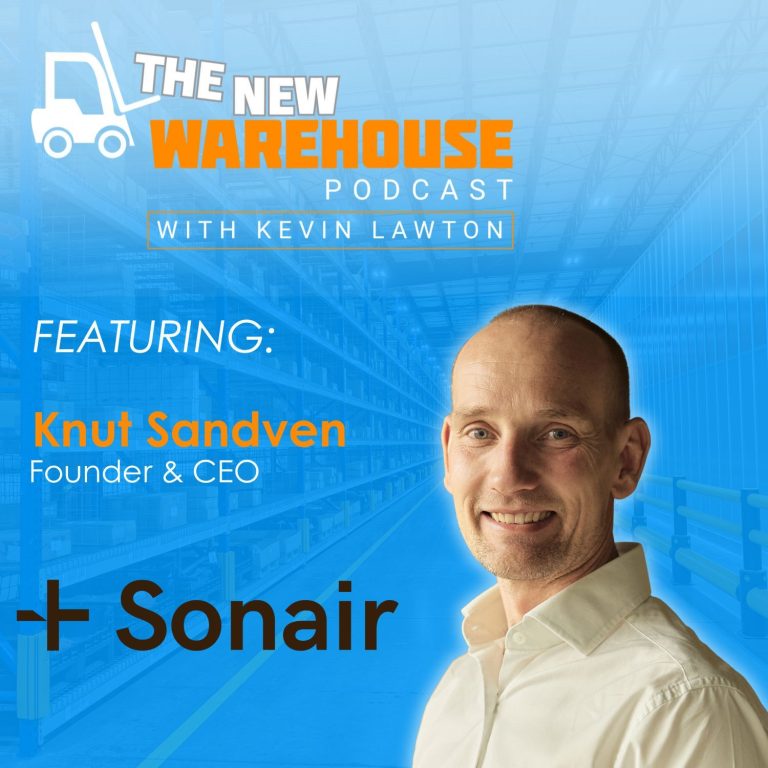In this episode of the New Warehouse Podcast, Kevin Mireles, the former Chief Sustainability Officer at Delivered, sheds light on the warehousing industry’s path toward sustainability. Delivered is a national parcel transportation carrier that aims to revolutionize the industry by leveraging excess capacity and orchestrating seamless shipping experiences. Delivered takes sustainability seriously as a pioneer in their field, considering it an essential part of their business model.
Right-Sized Packaging: Maximizing Efficiency and Minimizing Waste
Mireles emphasizes, “Sustainability is all about how we help businesses be more efficient and deliver a better customer experience.” Right-sized packaging, for instance, is a fundamental way to enhance sustainability in logistics. Businesses can simultaneously reduce costs and environmental impact by focusing on efficiently designed packaging and optimizing transportation routes. He notes, “It’s the same model you use to figure out your pricing for transportation, is the same model you use to figure out how to be more sustainable.”
Strategic Inventory Placement: Reducing Emissions and Boosting Customer Experience
Choosing the right locations for distribution centers can significantly impact a company’s environmental footprint. Businesses can avoid express shipping methods and reduce emissions by centralizing or placing inventory closer to customers. Mireles suggests that companies should integrate sustainability metrics into their supply chain tools to evaluate the impact of their decisions thoroughly. Mireles encourages businesses to “Think about the tools you already have. Are they integrated with sustainability metrics to help you make better decisions?” This proactive approach enables them to make well-informed choices that align with their environmental goals, promoting a more sustainable business model. “It requires getting executive-level buy-in, working across silos, and pulling data. There’s no magic bullet, but the same thoughtfulness and approach to improving operations apply.”
Towards a Greener Future: Advancing Sustainability in Warehousing with Technology
Technology continues to revolutionize the warehousing sector. RFID (Radio Frequency Identification) and IoT (Internet of Things) devices enable warehouse managers to monitor inventory levels seamlessly. With real-time data, businesses can avoid overstocking, leading to less waste. Integrating automation and robotics enhances the speed and accuracy of warehouse operations while reducing the overall environmental impact. Moreover, implementing AI (Artificial Intelligence) optimizes supply chain routes, reduces fuel consumption, and lowers greenhouse gas emissions. These sustainable technologies are both environmentally friendly and cost-effective, which is a significant incentive for warehouse owners.
Key Takeaways for a More Sustainable Future
- Efficient Packaging: Implement right-sized packaging solutions to reduce waste, emissions, and overall costs.
- Strategic Inventory Placement: Optimize the locations of distribution centers to reduce the need for express shipping and lower emissions.
- Intermodal Transportation: Explore opportunities to shift from trucks to trains, substantially cutting emissions in specific routes.
The New Warehouse Podcast
EP 406: Unleashing Sustainability in Warehousing with Delivered











